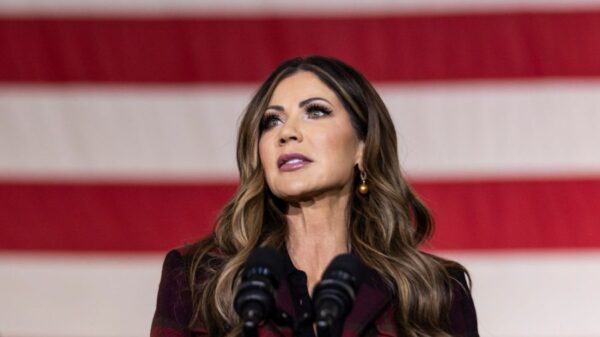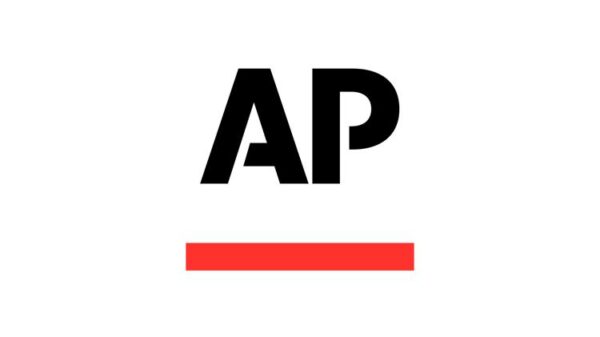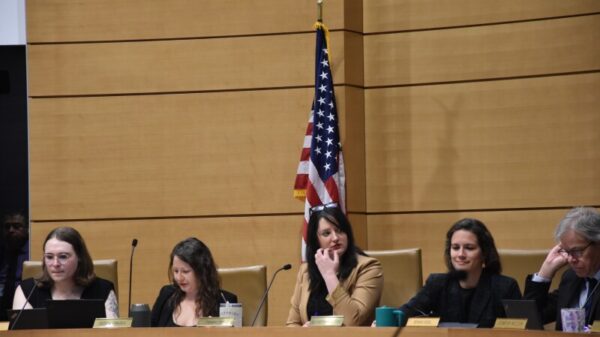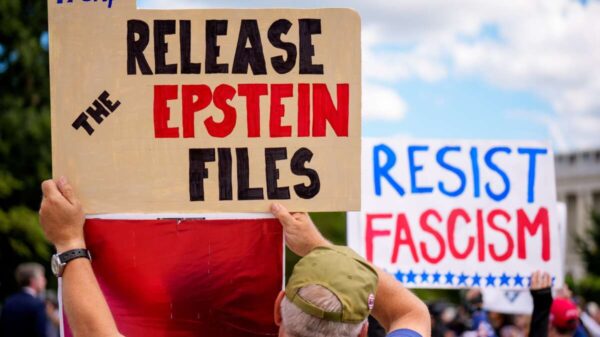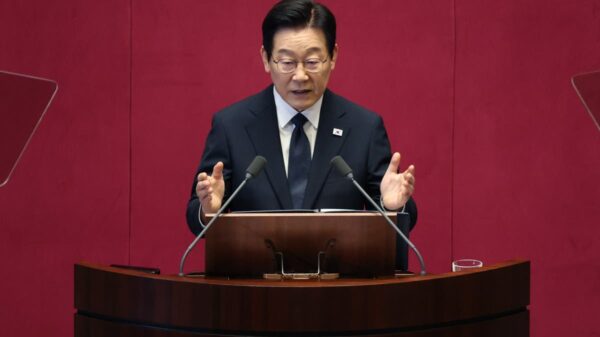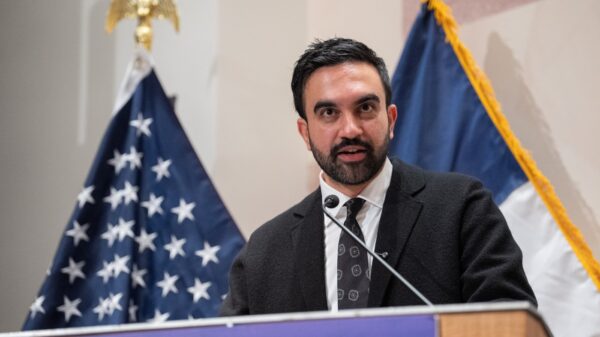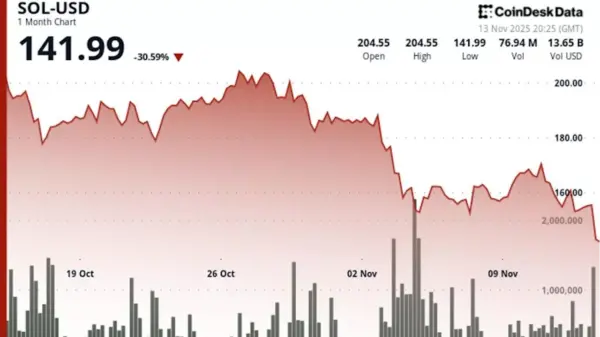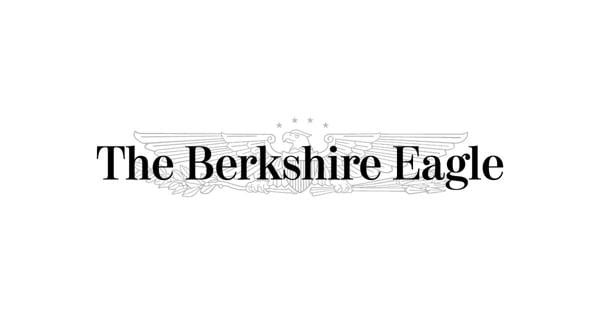Lawmakers in Pennsylvania are exploring potential changes to the state’s sales tax exemptions as the General Assembly grapples with a significant budget deficit. This discussion includes the possibility of eliminating exemptions on various goods and services, which currently cost the commonwealth billions each year. State Senate Majority Leader Joe Pittman has signaled openness to reviewing these exemptions, stating that they should be reassessed to determine their necessity.
The state faces a delicate financial situation, with a structural deficit and impending federal cuts to programs such as Medicaid and SNAP. The budgetary pressures are forcing legislators to consider all options to balance the state’s finances, including raising revenue through tax adjustments or cutting essential services. In recent fiscal years, Pennsylvania has relied heavily on its sales tax, which generated nearly $15 billion for the General Fund, responsible for covering key expenses like education and healthcare.
As it stands, Pennsylvania’s sales tax rate is 6%, but the state has 109 exemptions that are projected to cost about $27 billion in forgone revenue during the 2025-2026 fiscal year, according to the state’s latest executive budget. These exemptions include a wide range of items, from groceries—which account for approximately $2 billion in savings for consumers—to newspapers, legal services, and even candy.
Pittman emphasized the need for a balanced approach, suggesting that some exemptions might be more aligned with luxury items rather than essential needs. “The question is: Is there a balance there that we can find that maybe does generate some revenue to help reconcile this budgetary dynamic?” he stated.
While Pittman’s comments indicate a willingness to reconsider these exemptions, many lawmakers remain cautious. A spokesperson for Democratic Governor Josh Shapiro did not respond to inquiries about the governor’s stance on this issue. There are currently no specific proposals detailing which exemptions might be targeted for removal, making it unclear how many legislators share Pittman’s perspective.
The most significant exemption affecting the budget is for groceries, which the state does not tax except for ready-to-eat food sold by caterers. This policy aims to mitigate the regressive nature of sales tax, helping families who spend a higher percentage of their income on food. Other notable exemptions include candy, projected to cost around $90 million in the next fiscal year, alongside newspaper sales costing $23 million and exemptions for certain aircraft parts costing nearly $12 million.
The absence of a sales tax on services represents a major gap in the state’s tax revenue, with services provided by professionals such as lawyers, doctors, and accountants remaining untaxed. Manish Bhatt, a senior policy analyst at the Tax Foundation, notes that exemptions for staple goods are common across various states. However, he suggests that tax policy should be straightforward, with minimal exemptions to ensure fairness and transparency.
“Services are a particularly difficult lift politically,” Bhatt said, highlighting the influence of trade associations that represent untaxed industries. Many of these sectors, such as landscaping and personal grooming, have vocal advocates who resist any shift towards taxation.
Despite the challenges, Jordan Harris, chair of the state House Appropriations Committee, indicated that legislators are considering all options. “We’re very open to a myriad of options,” he remarked, reinforcing the urgency to address the budgetary issues without solely relying on tax increases.
The state has not raised its sales tax since 1968 and has not significantly modified its income tax rate since 2004. As discussions unfold, legislators are also considering alternative revenue sources, including the potential legalization of recreational marijuana and changes to corporate taxation.
In a recent legislative session, the state House passed a bill proposing combined reporting for corporate taxes. This would require multistate corporations to report their total income across states, potentially increasing tax revenues. However, this proposal faces opposition from business groups, who argue it imposes excessive compliance burdens.
As Pennsylvania lawmakers navigate this complex fiscal landscape, the debate over sales tax exemptions is poised to shape the state’s economic future. With a growing list of funding priorities and limited financial resources, the decisions made in the coming months will significantly impact both government operations and the residents of Pennsylvania.





